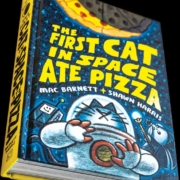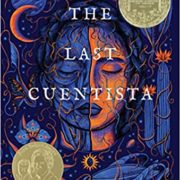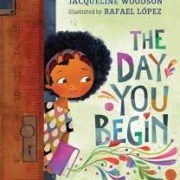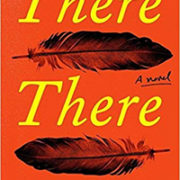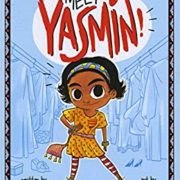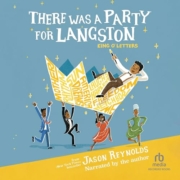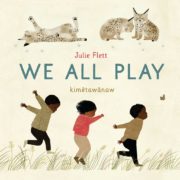Finding Langston by Lesa Cline-Ransome
This February, I challenged myself to read all of the Coretta Scott King Author Award winners and honorees in the Joplin Public Library’s Children’s Department. I ended up reading two out of three, but they were both excellent.
If you are unfamiliar with this award, let me quickly explain: The Coretta Scott King Award is bestowed by the Ethnic and Multicultural Information Exchange Round Table of the American Library Association. Each year, the group awards and honors authors, illustrators and titles “for children and young adults that demonstrate an appreciation of African-American culture and universal human values.”
The first award-winning book I read last month was LESA CLINE-RANSOME’s slim but powerful novel, “FINDING LANGSTON.” This middle-grade novel follows a young black boy named Langston who is looking for fulfillment in Great Migration-era Chicago. After his mother, to whom he was very close, dies, Langston and his dad move from Alabama to Chicago in search of more opportunity. Langston is lonely; he’s never been especially close to his father, he misses his extended family, and his classmates bully him and call him “country boy.” But when he walks into the large, foreboding library in his neighborhood for the first time, he finds solace in the words of great black writers, including Langston Hughes.
Although he doesn’t know for certain, he has a hunch that he was named after the Black Renaissance poet. Meeting Hughes this way feels like kismet; not only do his words act as a balm during a challenging time for the young boy, but they allow him to learn more about the things his mother loved while she was still living.
It can be difficult to accurately convey the power of reading, but Cline-Ransome transmits this message exceptionally well. “Finding Langston” also emphasizes the transformative effects of media representation. Langston struggles with his self-worth when he moves north. His classmates think he’s uneducated, he doesn’t have any friends, Chicago feels like a foreign country, and he has a very tenuous relationship with his loving but distant father.
When he steps foot in his local library — something he couldn’t do in the Jim Crow South — he can’t believe that everything is free and that black people aren’t just allowed but honored there. Through books by authors such as Langston Hughes, a man whose journey north somewhat resembles young Langston’s own experience, Langston makes friends, begins building a relationship with his father and discovers his self-worth.
It can be difficult to imagine how magical it feels to see yourself in a book for the first time when you have never had to look far. As a white person, I can find someone who looks like me on virtually any shelf in any library. Through Langston’s compelling story and authentic voice, Cline-Ransome provides all readers with the opportunity to experience some of the magic Langston feels when he first walks into the big, fancy building on Wabash Street and sits down with a book of Hughes poems.
The other two author honorees, which were announced in January, included Varian Johnson’s “The Parker Inheritance” and “The Season of Styx Malone” by Kekla Magloon.

